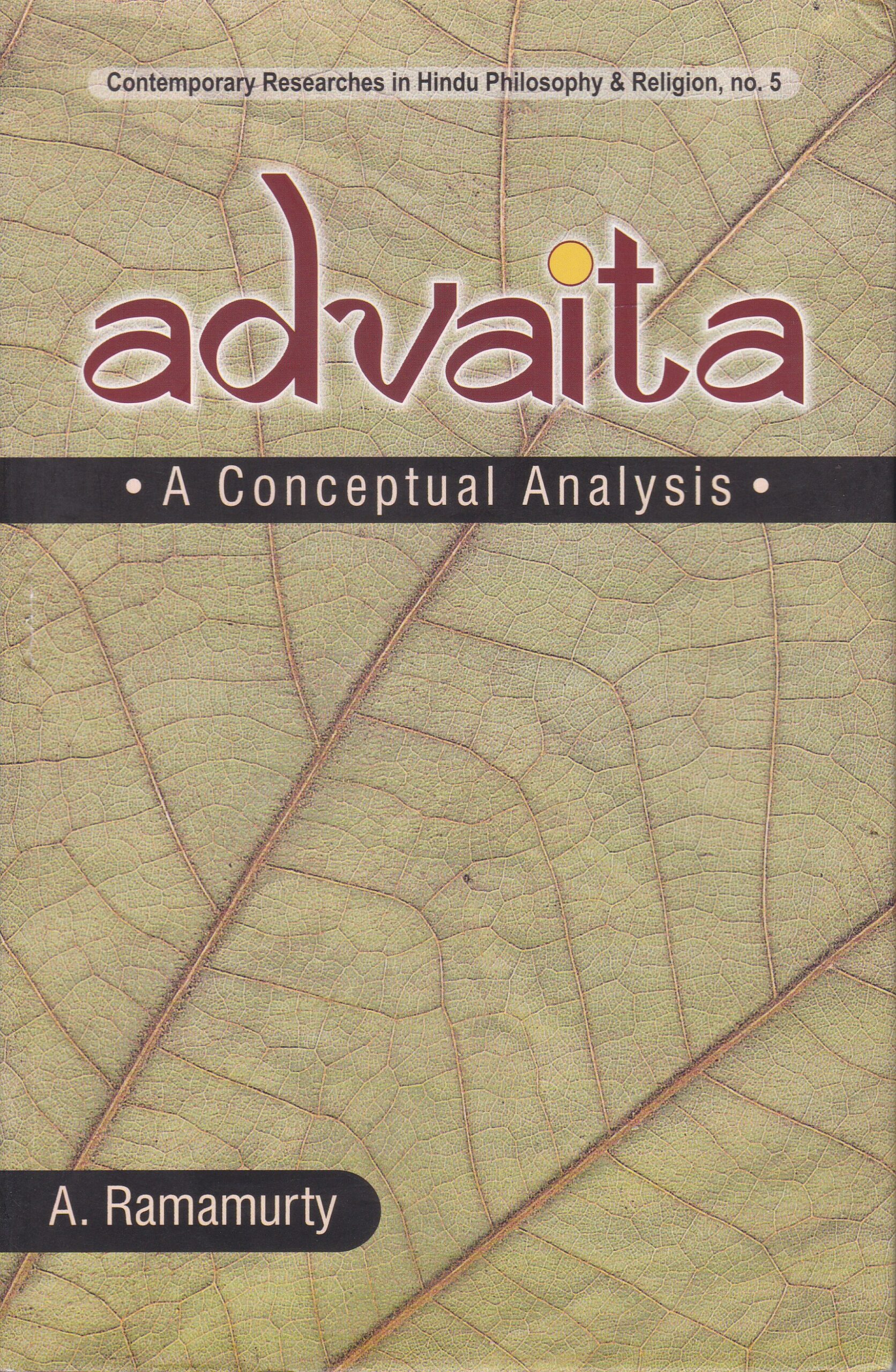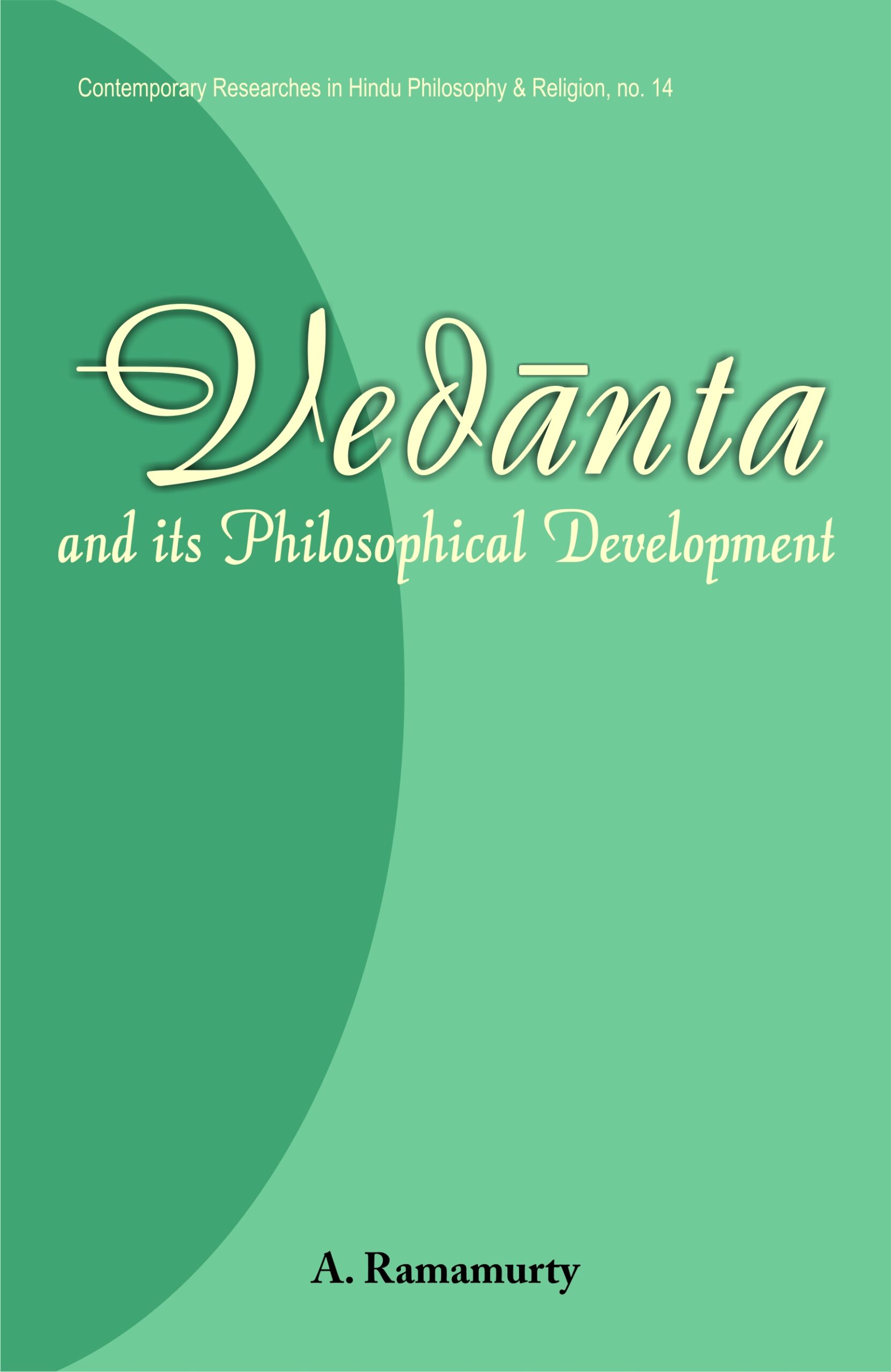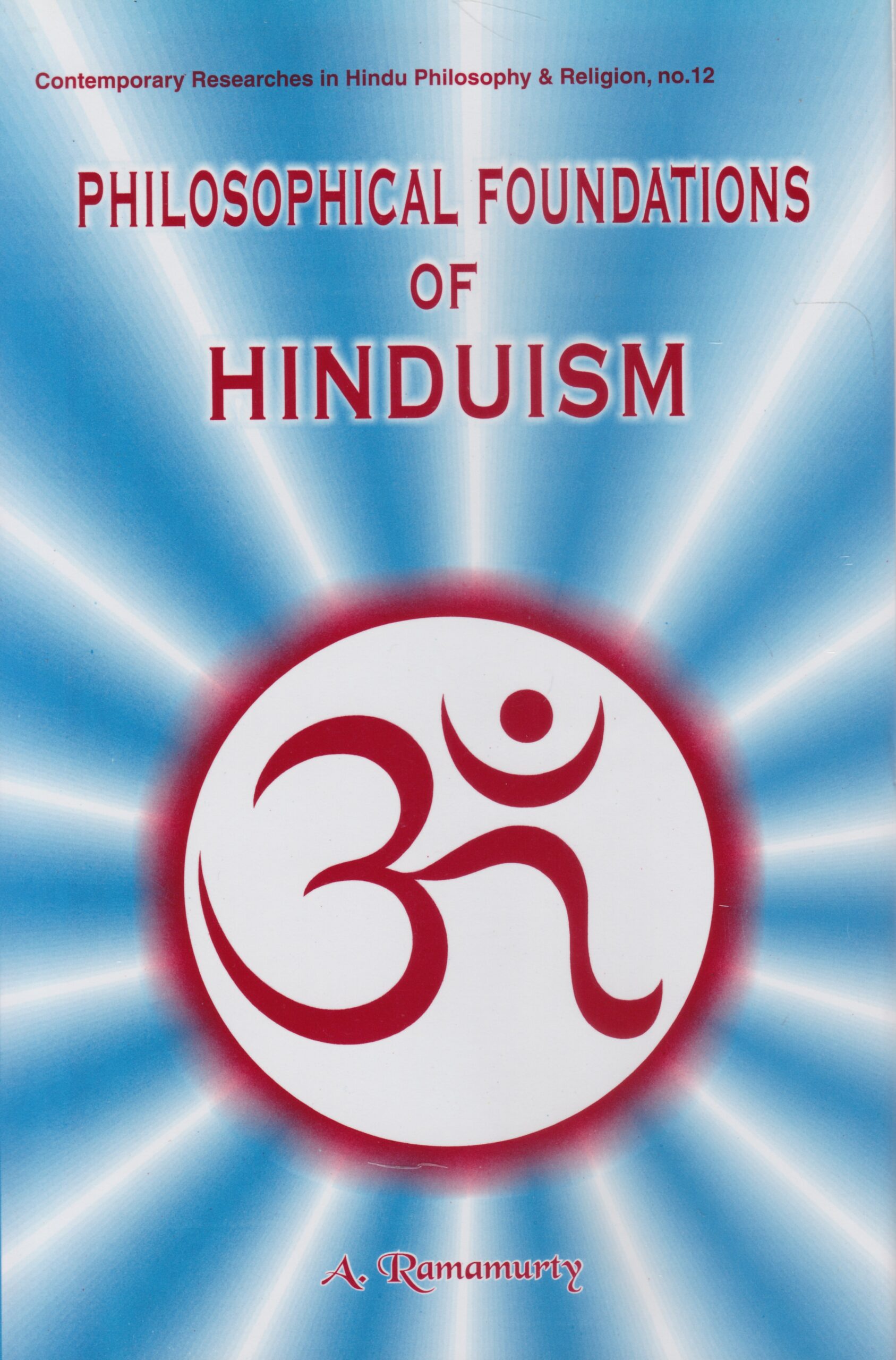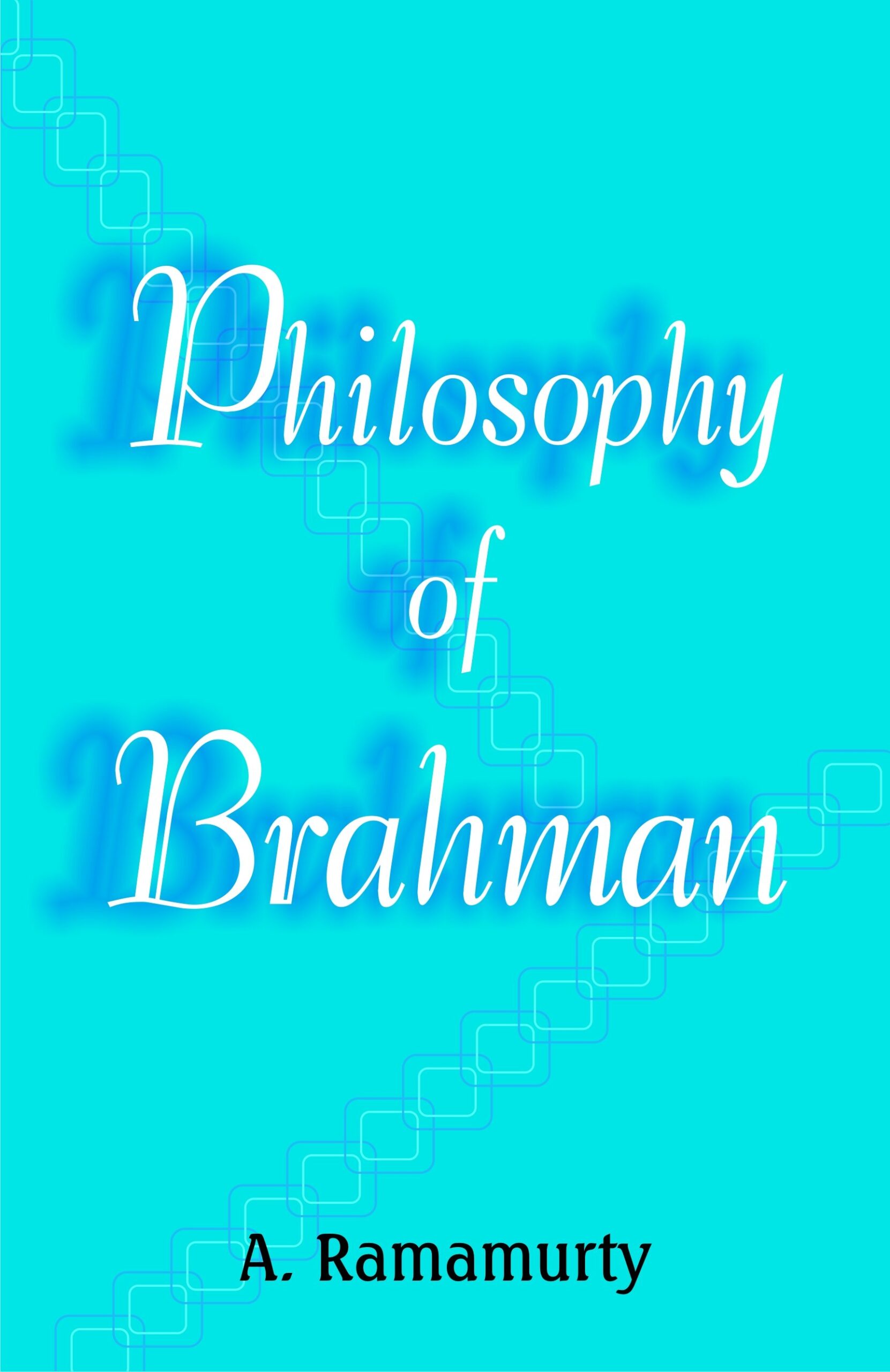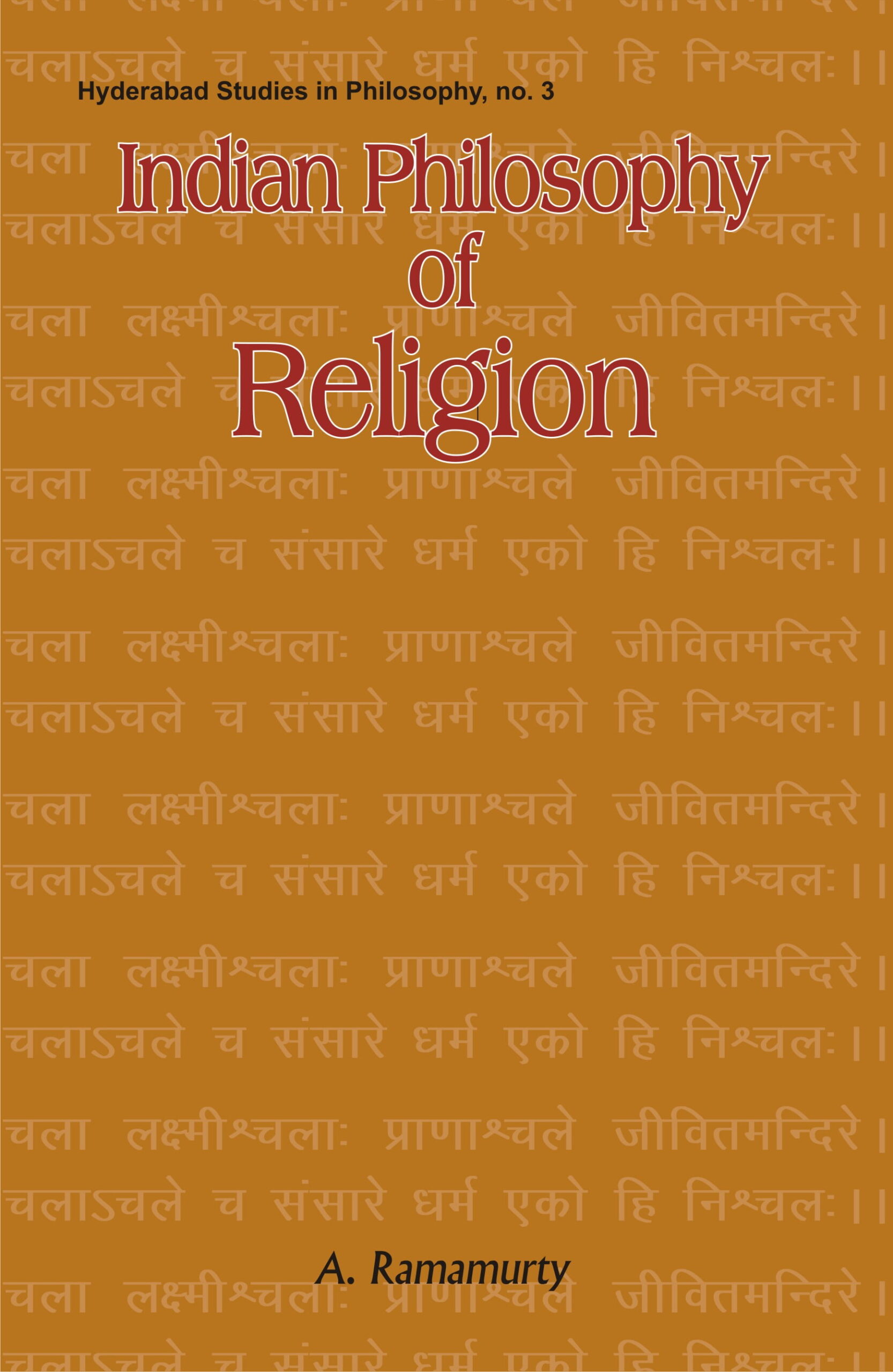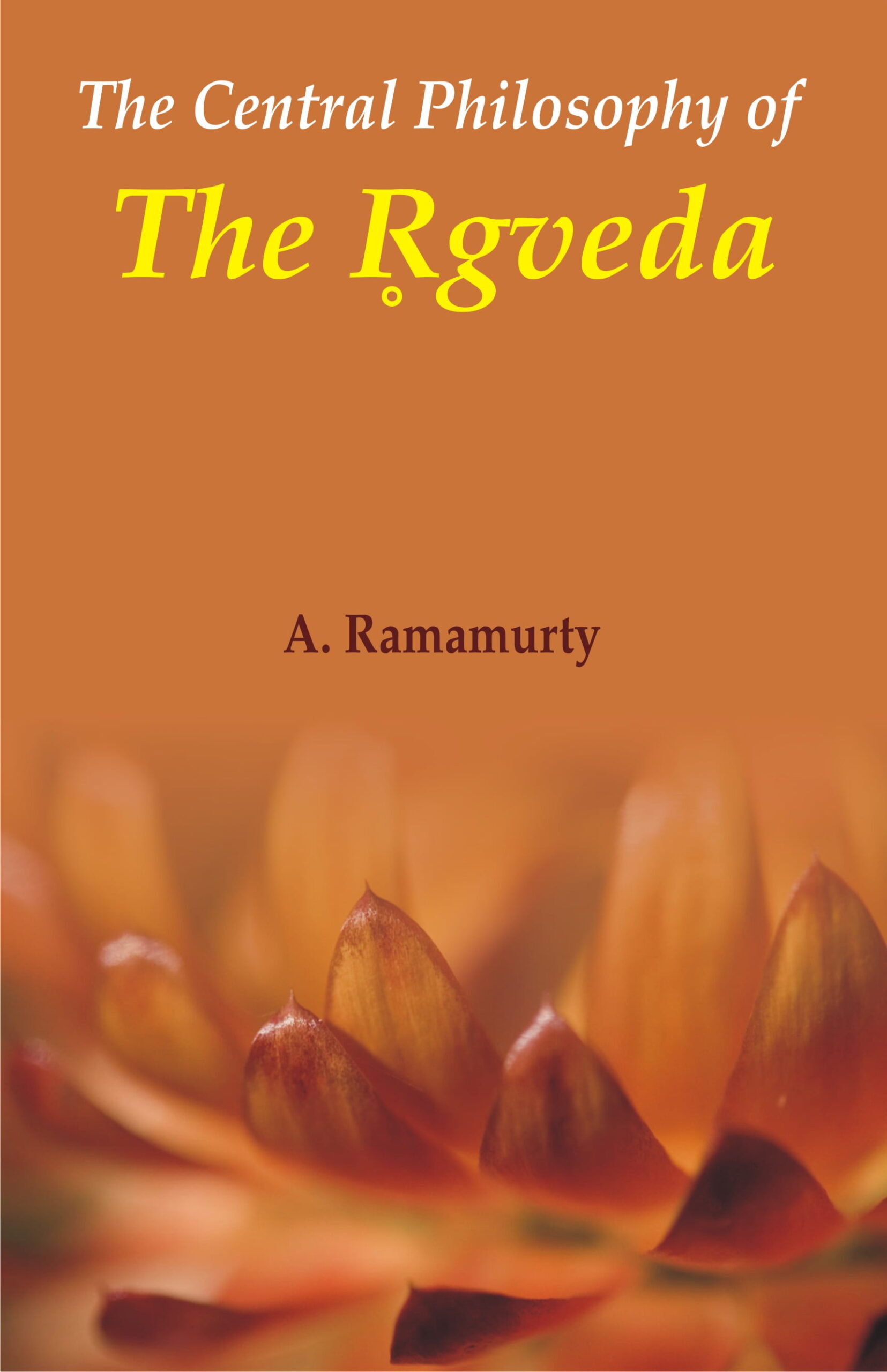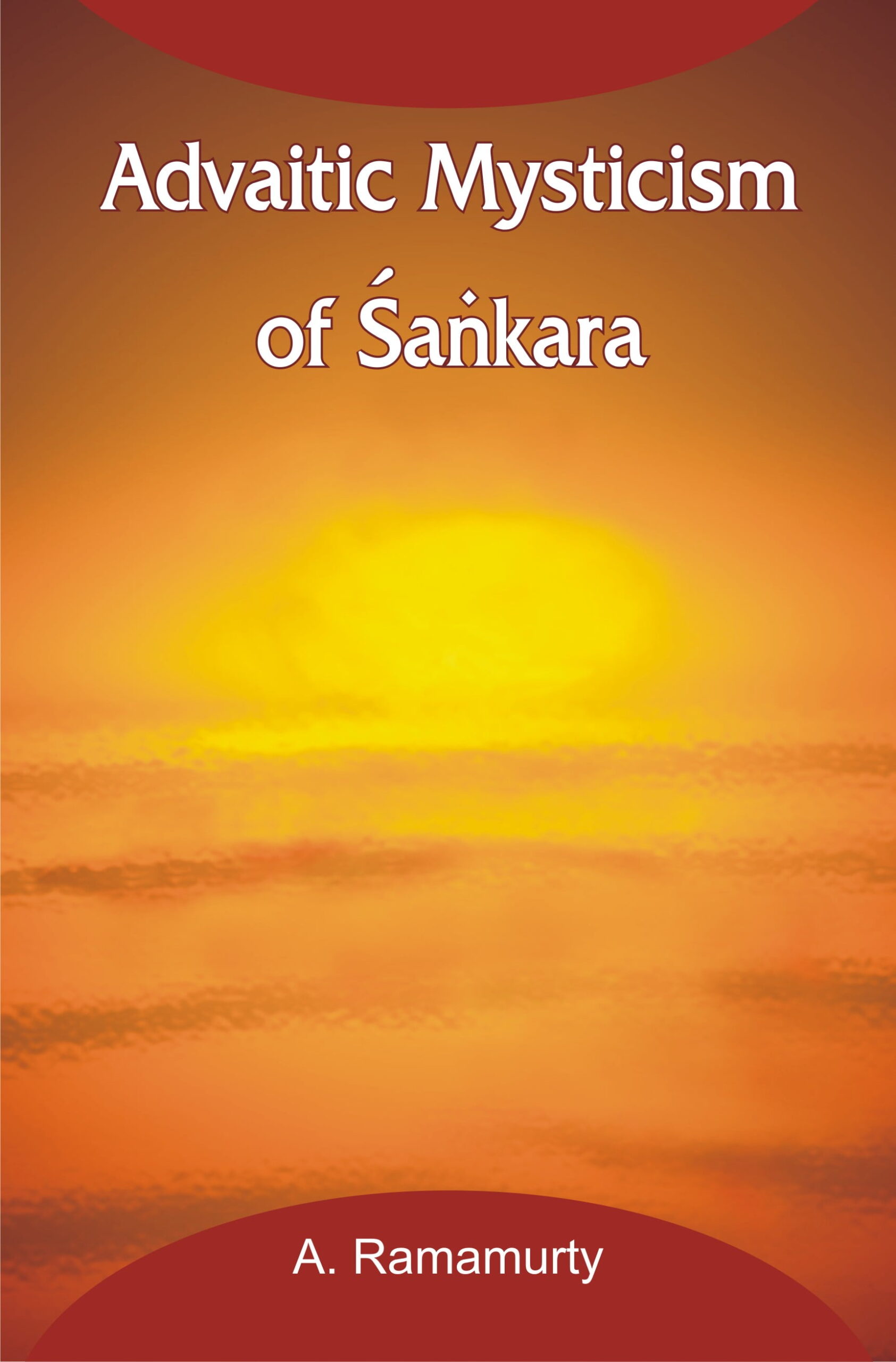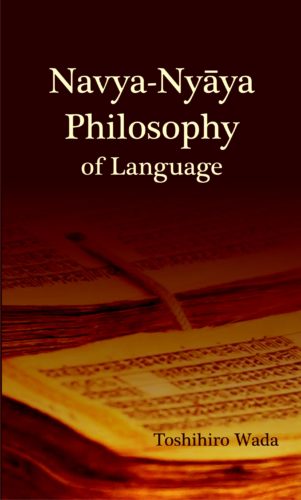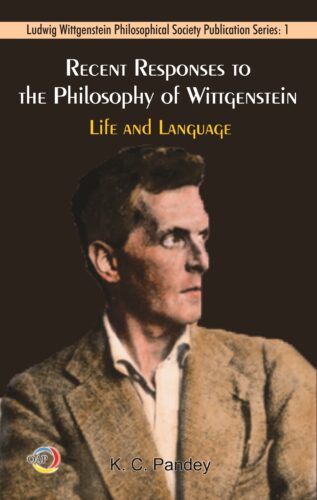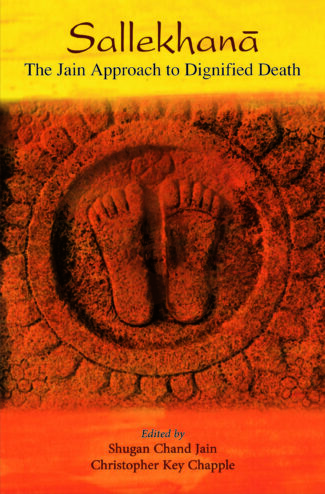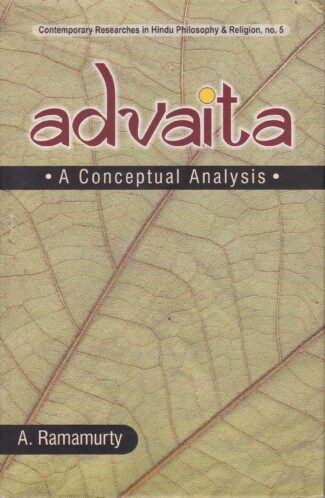

Advaita...
Advaita
A Conceptual Analysis by: A. RamamurtyThe book analyses the concepts of Atman, Brahman, and the World, highlighting Sankaras advaitism. In the context of Sankaras philosophy vis-a-vis the Upanisads, it is perhaps the first to explore the meaning and functions of language.
Original price was: ₹480.00.₹432.00Current price is: ₹432.00.
ISBN: 9788124600672
Year Of Publication: 2008
Edition: 3rd
Pages : xii, 256
Bibliographic Details : Bibliography; Glossary; Index
Language : English
Binding : Hardcover
Publisher: D.K. Printworld Pvt. Ltd.
Size: 23 cm.
Weight: 450
For over a millennium, Shankaras advaitism: non-dualism, has been exposed to extensive discussion, debate, and even polemic. In modern times, it has often been viewed as a system of metaphysical thought, involving a set of several subtle, though interrelated, doctrines which all have the Upanishads at their base. But, wittingly or unwittingly, modern theoreticians/scholars tend to gloss over Shankaras acumen as a philosophical analyst though his interpretations of the Upanishadic writings have indisputably shown his uncommon, rather unrivalled, genius for logic and meticulous philosophical analysis. Professor Ramamurtys work is, thus, a departure from run-of-the-mill studies attempting, as it does, an indepth conceptual analysis of advaita vedanta. The book does not just present advaita as a system of metaphysical thought. It is essentially an off-beat effort seeking to philosophically analyse the concepts of Atman, Brahman, and the World which not only count among the fundamental concepts in the philosophic thought of the Upanishads, but also help capture the true meaning, profoundity, richness and beauty of Shankaras advaita itself. Also, in the specific contexts of Shankaras philosophy vis-a-vis the Upanishadic texts, Professor Ramamurty tries to explore, perhaps for the first time, the meaning and functions of language and the problem that stem from it. Highlighting Shankaras advaitism: his insistence on the oneness of Brahman, the book offers a unique philosophic representation of the Upanishadic vision, which the scholars of classical Indian philosophy and discerning readers would love to share alike.
Preface
Abbreviations
1. Introduction
2. Atman
Vedic Conception
Upanishadic Conception
Atman as Essence
Atman as Self
Atman as Ultimate Reality
Atman and Self
Shankara on Atman
Atman and Man
Atman and Experience
Atman as Consciousness
3. Brahman
Vedic Conception
Atman-Brahman Equation
Vedic Brahma and Vedantic Brahman
Upanishadic Conception
Brahman and Atman
Shankaras Conception
Brahman as Sat
Brahman as Objective Reality
Brahman as Consciousness
Definition of Brahman
Matter and Consciousness
Brahman and Human Understanding
4. World
Vedic Conception
Upanishadic Conception
Shankara on World
Shruti Knowledge and Empirical Knowledge
Shankara on Difference
Critique of the Theories of Creation
Reality of Name and Form
Brahman and World
Maya
5. Advaita
Validity of Knowledge
Reconciliation of Two Standpoints
Meaning of Advaita (1)
Nature of Consciousness
Turiya and its Validity
Meaning of Advaita (2)
Non-Difference
Meaning of Advaita (3)
Critique of Duality
Duality, Mind and Maya
6. Advaita and Language
Scriptural Interpretation
Meaning of Upanishads
I am Brahman
All is Brahman
Language as Revelation of Brahman
Brahman and Speech
Bibliography
Glossary
Index



